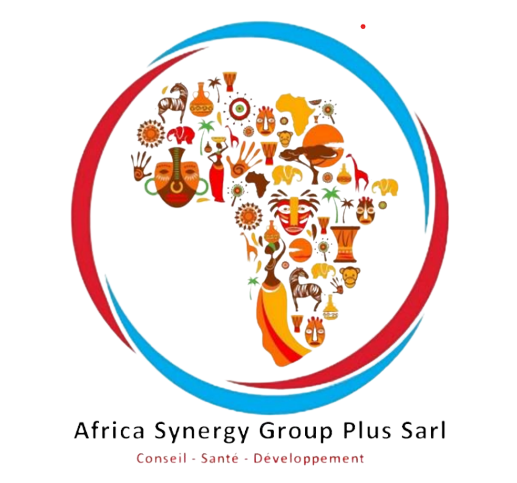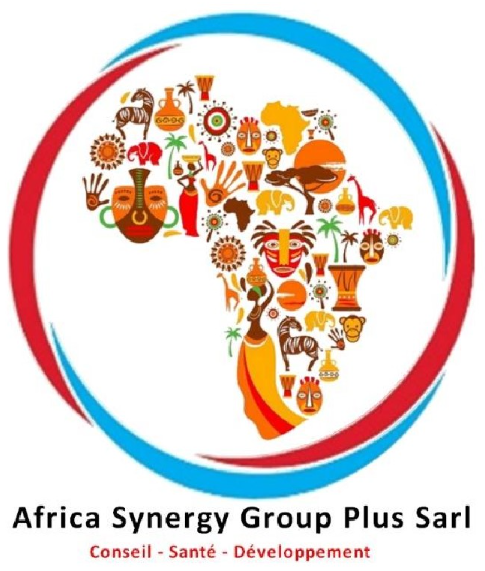
Evolution Korea
Ajouter un commentaire SuivreVue d'ensemble
-
Date de création 1 mars 1941
-
Emplois affichés 0
-
Viewed 22
Description de l'entreprise
3 Reasons You’re Not Getting Evolution Korea Isn’t Working (And What You Can Do To Fix It)
Evolution Korea
 The economic crisis that hit Asia forced a major reappraisal of the old model of government-business alliances and public management of private risks. In Korea this meant a shift in the development paradigm.
The economic crisis that hit Asia forced a major reappraisal of the old model of government-business alliances and public management of private risks. In Korea this meant a shift in the development paradigm.
In a controversial decision the South Korean government has asked publishers of textbooks to ignore calls for removing examples of evolution from high school science textbooks. These include the evidence of the evolution of horses and the avian ancestor Archaeopteryx.
1. Evolution and Religion
A South Korean creationist group has pushed textbook publishers to eliminate evidence of evolution from high-school science texts. The move was a result of a campaign led by the Society for Textbook Revise (STR) which is an offshoot of the Korea Association for Creation Research that aims to clear biology textbooks of “atheist materialism.” The STR asserts that such materialism creates a negative image for students, leading them to lose faith.
When the STR’s ad campaign made the news, scientists around the globe expressed worry. In a letter addressed to the editor of Nature, evolutionary biologist Jae Choe from Ewha Womans University in Seoul complained that South Korea had given in to religious prejudice. He was backed by colleagues around the country, who formed a group called Evolution Korea to organize a petition against the changes to the textbooks.
Some researchers are worried about the possibility that the STR campaign could spread to other parts of the world, where the spread of creationism is increasing. The letter to Nature warned that the anti-evolution movement could push for textbook revisions in other countries, especially those with large Christian and Muslim populations.
South Korea’s cultural background is especially strong in the debate on evolution. Twenty-six percent of the country’s citizens are members of a religious denomination and the majority of them practice Christianity or Buddhism. Many Koreans also adhere to Ch’ondogyo – the philosophy based on Confucian principles, which emphasizes harmony in the social, personal self-cultivation and self-respect. Ch’ondogyo is a way of teaching that the human being is one with Hanulnim the God of Sun, and that divine blessings are possible through good works.
All of this has provided an ideal environment for the spread of creationism. Multiple studies have shown students who have religious backgrounds to be more reluctant to learn about evolution than those who do not. However, the underlying causes of this phenomenon are not clear. One reason is that students with a religious background tend not to be as well-versed in scientific concepts and theories and are therefore more vulnerable to the influence of creationists. Another possible factor is that students who have religious beliefs tend to view evolution as a religious concept which could make them less comfortable with it.
2. Evolution and Science
In recent times scientists have been concerned about anti-evolution initiatives in schools. A 2009 survey revealed that over 40 percent of Americans believe that biological evolution is wrong and that believing in it would be contrary to their convictions about religion. Many scientists believe that despite the fact that creationism has been successful, the best way to counter this belief is to educate the public on the evidence for evolution.
Scientists are required to instruct their students in science including the theory of evolution. They must also inform people about the scientific process, and how scientific knowledge is collected and confirmed. They should also explain that theories of science are frequently challenged and reformulated. However, misconceptions about nature and purpose of research can lead to anti-evolution beliefs.
For instance, some people are able to confuse the term “theory” with the normal meaning of the word, which is a hunch or guess. In science, however theories are thoroughly tested and verified using empirical evidence. A theory that survives repeated testing and observations becomes an established scientific principle.
The debate over the evolutionary theory provides a great occasion to discuss the importance of the scientific method and its limitations. It is essential for people to recognize that science cannot answer questions regarding the purpose or meaning of life it only serves as a mechanism that allows living things to develop and adapt.
A well-rounded education must include exposure to the major fields of science including evolutionary biology. This is especially important since the jobs people are employed in and the decisions they make require a understanding of how science functions.
The majority of scientists around the world agree that humans have changed over time. In a recent study that predicted the views of adults on the consensus around this issue those with higher levels of education and scientific knowledge were found to be more likely to believe that there is wide agreement among scientists regarding the evolution of humans. Those who have more religious faith and less science knowledge tend to be more skeptical. It is crucial that educators emphasize the importance of gaining an understanding of this consensus to enable people to make informed choices about energy use, health care, and other policy matters.
3. Evolution and Culture
A close cousin to the popular evolutionary theory, the concept of cultural evolution explores the many ways that humans and other species learn from and interact with one another. Researchers in this field use explanation models and tools that are adapted from the ones used by evolutionary theorists. they reach back into human prehistory to find out the genesis of our capacity to learn about culture.
This method also acknowledges the distinction between biological and cultural traits. While biological traits are largely acquired at once (in sexual species, after fertilization), cultural traits can be acquired over a long period of time. The acquisition of one characteristic may affect the development and growth of a different.
In Korea, for example the emergence of Western fashion elements in the late 19th and early 20th century was the result of a complex series of events. One of the most important was the arrival of Japanese occupation forces who introduced Western hairstyles and styles of clothing to Korean society.
When Japan departed Korea in the 1930s, a few of those trends began to revert. At the close of World War II, Korea was once more united, this time under Choson dynasty rule.
Today, Korea is an economic and political power. Despite the recent global financial crisis, the economy of Korea has grown consistently over the past decade and is expected to sustain its steady growth in the near future.
The current government faces numerous challenges. One of the biggest is its inability to find a coherent policy to address the economic crisis. The crisis has exposed weaknesses of the country’s economic policies, mainly its overreliance on foreign investment and exports that may not be sustainable in the long run.
The financial crisis has shaken the confidence of investors. In the aftermath, the government must reconsider its strategy and come up with other ways to increase domestic demand. It will also have to reform the incentive monitoring, monitoring, and discipline systems that are currently in place to create a stable financial environment. This chapter provides a variety of scenarios of how the Korean economy could grow in the post-crisis period.
4. Evolution and Education
One of the biggest challenges for educators of evolution is how to teach evolutionary concepts in a way that is suitable for students at various levels of development and ages. Teachers should, for instance be mindful of the diversity of religions within their classrooms and create a learning environment where students with both religious and secular beliefs feel comfortable. Moreover, teachers need to recognize the most common misconceptions about evolution and how to address them in their classrooms. Teachers must also have quick access to the numerous resources available to teach evolution.
In this context the Thinking Evolutionarily Convocation was a crucial step in bringing together evolutionary scientists and educators from a range of sectors to discuss the best practices for teaching evolution. Participants included representatives from scientific societies and educational research organizations, as well as officials of government funding agencies as well as curriculum developers. The convergence of various participants helped to identify some common guidelines which will serve as the basis for future actions.
It is important to include evolution in all science curricula, at every level. To accomplish this the National Science Education Standards (NRC) call for 에볼루션 무료체험 evolution to be taught in a seamless manner across all life sciences with a progression of concepts that are developmental appropriate. A new publication from NRC provides guidelines for schools on how to incorporate evolution into the life science curriculum.
Numerous studies have demonstrated that a more comprehensive explanation of evolution can lead to greater student understanding and belief in the concept of evolution. However the estimation of the causal effect of evolution in the classroom is challenging given that school curricula are not randomly assigned and change in time as a result of the predetermined timeframe of gubernatorial elections as well as state board of education appointments. To overcome this limitation, I use an ongoing data set that allows me to control for year and state fixed effects and the individual-level variation in teacher beliefs about changes in the curriculum.
Another important finding is that teachers who feel more comfortable teaching evolution report having less personal barriers to teaching it. This is consistent with the notion that a more confident faculty is less likely to avoid discussing evolution topics in the classroom and might be more likely employ strategies like an approach to reconciliation that is known to improve the acceptance of undergraduate students of evolution (Harms and Reiss, 2019; Tolman et al. 2020).

